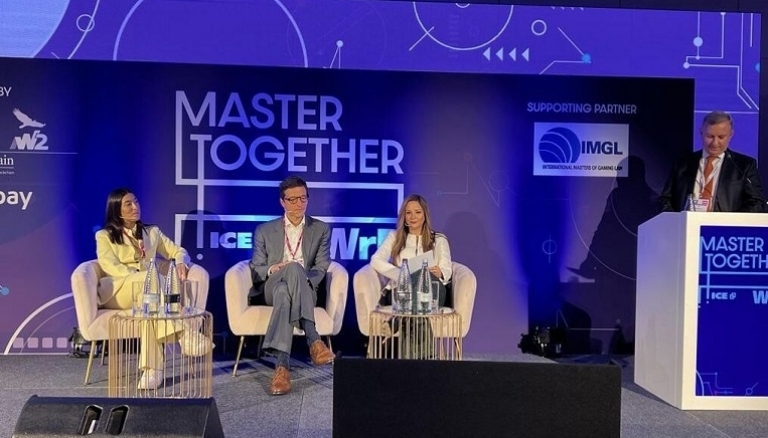

With great knowledge of Latin America, experts gathered to discuss legalized sports betting in Brazil, which still depends on regulation, as well as the advances in legislation in Chile, Peru and Uruguay.
The focus of the debate was the migration from a still gray market in certain aspects, to a legalized and transparent operation, with a view to the growth of activity in the region.

The three agreed in highlighting that although the regulatory processes are underway or already consolidated in some parts, the region must accelerate to stop losing opportunities and defend the bettor from illegality.
André Gelfi, managing partner Brazil of Betsson Group, detailed the situation of the Brazilian market and the chance lost during the previous government where the activity could not be regulated and the decree was allowed to expire while describing how his company works in the country.

For her part, Karen Sierra-Hughes, VP for Latin America and the Caribbean of GLI, presented a complete overview of the status of each jurisdiction within the region and the progress that has been made, while she once again explained the importance of an urgent appropriate regulation for each country.
Maria Josefina Frigoni, Head of Brand & Content at BetWarrior, also referred to the way in which the bookmaker works in different countries according to various laws and at different stages of market maturity.

The meeting was moderated by attorney Neil Montgomery, founder and partner of Montgomery & Associados.
The specialists dealt with the regulated operation of the Brazilian market with propriety, since both the speaker and the moderator are very up to date on the directions that the Brazilian legislation in the area of sports betting has been structured and how future regulation may be.

The objective of the panel was also to clearly address the panorama of the LatAm market as a whole since the progress seen in Colombia, which has one of the best structured legislation on iGaming and which has become an example for the region, as well as in Argentina, which regulated activities in the city and province of Buenos Aires, as well as the regulations that are being discussed in other countries, such as Chile, Peru and Uruguay.
Source: GMB